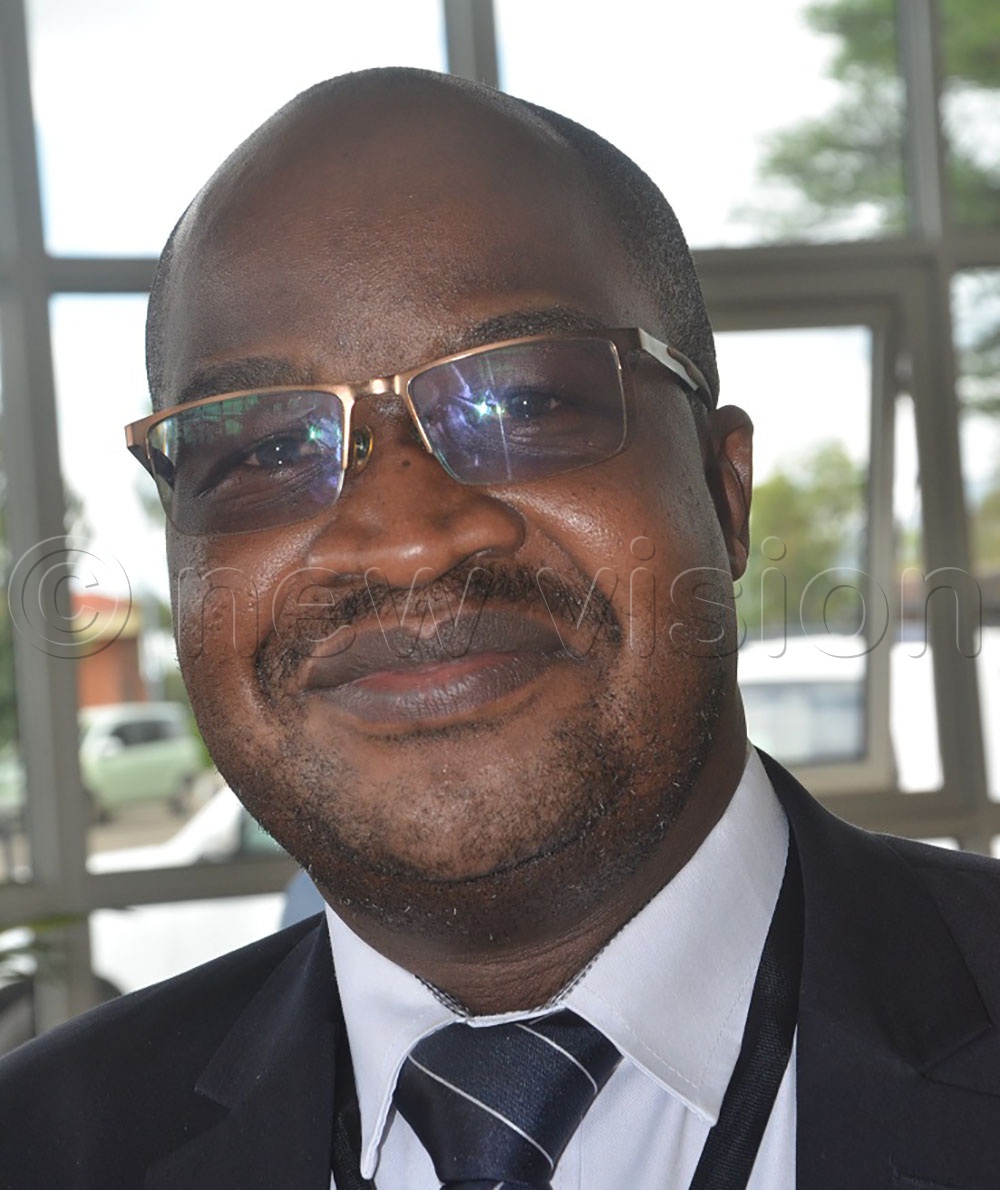Karamoja NGO sector weakening over dwindling funding: 'Sustainability requires business mindset'
Speaking before ambassadors from Denmark, Ireland, Sweden and the Netherlands at Hotel Africana on September 12, 2025, Okello said, "business operations of NGOs should be embraced to address the sustainability issues due to the declining funding."
Stakeholders after a high-level dialogue for Karamoja. (Credit: Olandason Wanyama)
KARAMOJA - As dry spell-stricken communities in Karamoja face deepening humanitarian crises, Uganda’s non-governmental (NGO) sector is collapsing under dwindling donor funds, New Vision Online has learnt.
National NGO Bureau secretary Steven Okello made the revelation during a high-stakes emergency dialogue in Moroto municipality. With foreign aid evaporating, he says, "the declining funding opportunities continue to further weaken the NGO sector in Karamoja region."
Speaking before ambassadors from Denmark, Ireland, Sweden and the Netherlands at Hotel Africana on September 12, 2025, Okello said, "business operations of NGOs should be embraced to address the sustainability issues due to the declining funding."
He prescribed twin remedies: Slashing administrative bloat and pioneering local resource mobilisation, urging NGOs to "pay attention to the percentage of funds that go into administrative costs," while championing a national shift.
"As a country, we also need to emphasise the importance of a giving culture so that we can support the NGO sector."
Collapse threatening millions
Okello underscored the catastrophic stakes in a region where NGOs deliver 80% of health services and emergency relief.
"NGOs have complemented government efforts by providing education, health services, livelihoods support, human rights protection... we have witnessed emergency relief being delivered to some of the most vulnerable communities."
He credited NGOs with bridging critical gaps: "Amplifying community voices and providing platforms for dialogue between citizens and state institutions," while affirming the government’s commitment:
"The Government, through the internal affairs ministry and the NGO Bureau, values this contribution... committed to strengthening collaboration in a manner that enhances accountability, compliance, and mutual trust."
A fragile truce amidst historical tensions
Okello called it "both timely and significant," stressing its purpose, "to enhance a sustainable relationship between NGOs/CBOs and Government to provide a healthy and conducive operating environment." (Credit: Olandason Wanyama)
The gathering, attended by Karamoja region chief administrative officers, civil society leaders and diplomats, including Danish Ambassador Signe Winding Albjerg, aimed to salvage a partnership nearly shattered by mistrust.
Okello called it "both timely and significant," stressing its purpose, "to enhance a sustainable relationship between NGOs/CBOs and Government to provide a healthy and conducive operating environment."
Yet shadows of the past lingered. Karamoja affairs minister Peter Lokeris admitted the Government once viewed NGOs as "enemies of development".
"We have been confronting each other on issues of development... There were instances when we took it for granted."
"We realise they are pro-people... I urge NGOs to transform Karamoja. The people have been fighting, raiding each other, and this has made them poor."
Fragile progress on civic space
Human Rights Centre Uganda’s executive director, Margaret Sekaggya, highlighted hard-won gains from nine years of tense negotiations.
"We have registered achievements through dialogues, including a reduction in office break-ins and attacks on NGOs."
She detailed ongoing efforts to "build the regulatory and compliant capacity of both NGOs and state regulators," while praising diplomatic support:
"We do not take [ambassadors’] sacrifice and conviction lightly,"* she said, honouring Ireland, Denmark, Sweden and the Netherlands for backing the PACER programme.
The road ahead
Okello later said: "Let us renew our commitment to strengthen civic space, foster accountability and work together for the transformation of Karamoja."